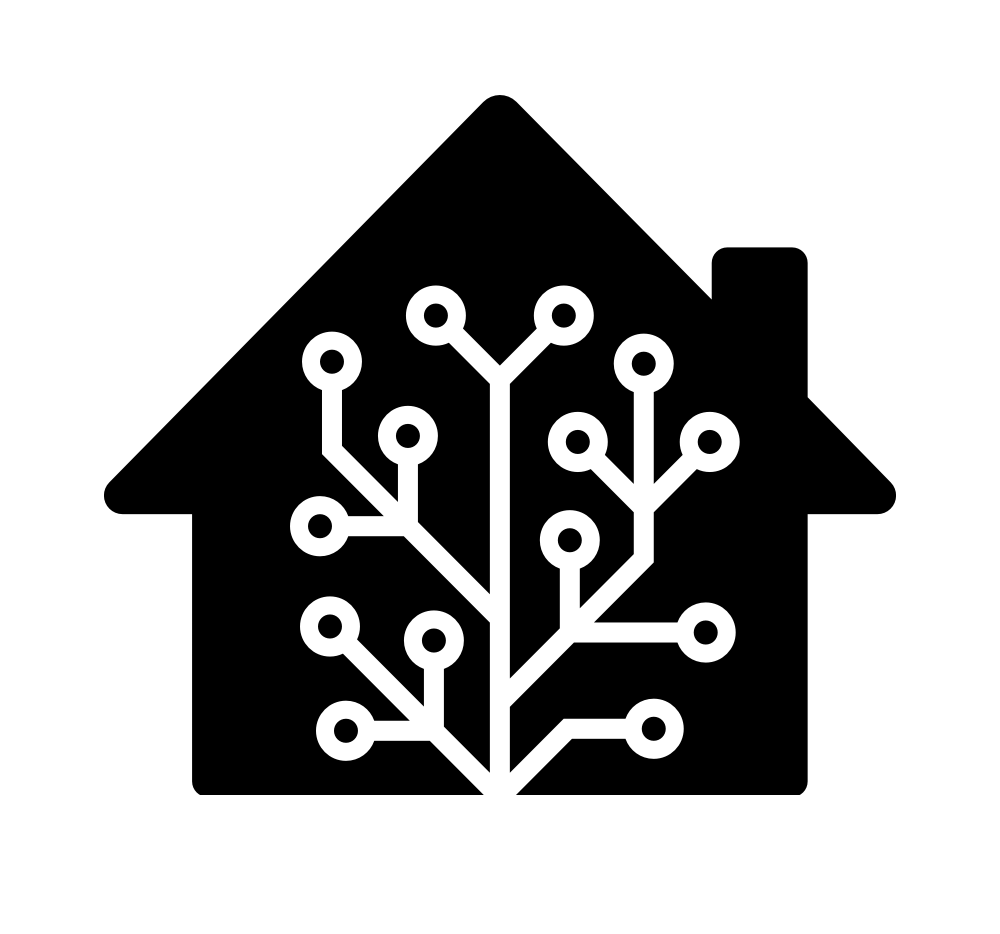- cross-posted to:
- technology@lemmy.world
- homeassistant@lemmy.world
- cross-posted to:
- technology@lemmy.world
- homeassistant@lemmy.world
How do you solve the problem of growing a popular smart home platform committed to open-source, open-standard ideals into something bigger that stays true to those ideals? You create a foundation. At least, that’s the approach Home Assistant founder Paulus Schoutsen has chosen.
This week, Home Assistant announced it is now part of the Open Home Foundation. The newly formed non-profit will own and govern all of Home Assistant and its related entities. Its creators and inaugural board members — Schoutsen, Guy Sie, Pascal Vizeli, and J. Nick Koston — all work on Home Assistant, and the foundation has no other members so far.
In a press release, the foundation stated its aim is “to fight against surveillance capitalism, and offer a counterbalance to Big Tech influence, in the smart home — by focusing on privacy, choice, and sustainability for smart home users.”



This is the best summary I could come up with:
Home Assistant is known for its unmatched power and flexibility, but so far the platform, which has an estimated one million users, has struggled to reach the mainstream.
The foundation will also advocate for the development of “better” smart home products, says Schoutsen, “Devices with local APIs and that are built sustainably.
The launch of the for-profit Nabu Casa five years ago provided a revenue stream for Home Assistant through an optional cloud computing service that now supports 33 full-time employees.
Nabu Casa will continue as a for-profit entity running the cloud and selling Home Assistant hardware and will operate as a commercial partner of the foundation.
“Our articles state ‘There will be no direct distribution to members in return for activities performed for the association or as any other form of gratuity in any kind,’’’ he says.
In the meantime, Matter is also providing other platforms — such as Aqara, Homey, and Hubitat — the tools to expand and grow into more viable alternatives to big tech in the smart home.
The original article contains 1,317 words, the summary contains 172 words. Saved 87%. I’m a bot and I’m open source!